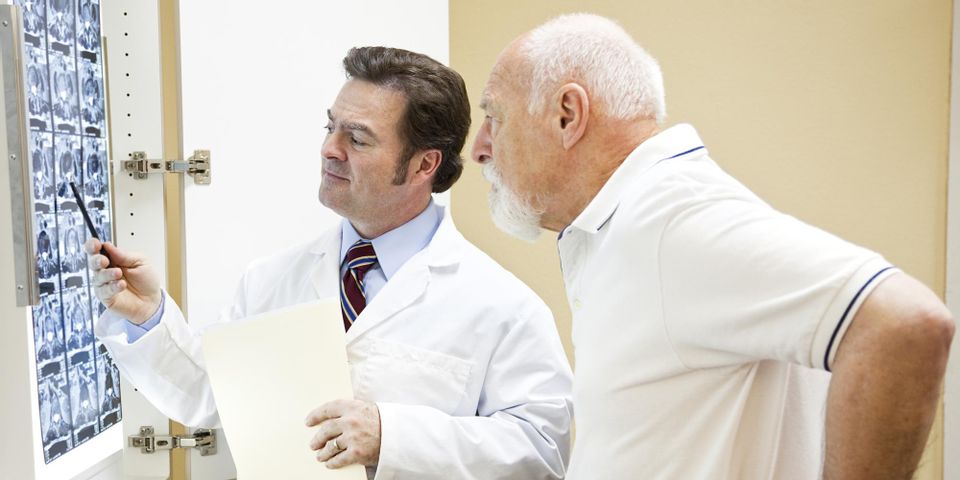
According to the American Cancer Society, colon cancer is the third most common cancer diagnosis in the United States. It’s expected that more than 100,000 cases will be diagnosed in 2020 alone. Use this guide to learn more about colon cancer research, and its causes, symptoms, and treatment options.
A Guide to Colon Cancer
Who is at risk of colon cancer?
While colon cancer can affect anyone, certain people are at higher risk than others. Colon cancer research indicates that the disease most often affects people over the age of 50. The median age for a diagnosis is 72-years-old for women and 68-years-old for men.
African Americans, people with Type 2 diabetes, and individuals with a family history of colon cancer or polyps or those with inflammatory bowel disease are also in a higher risk category for developing the disease. Lifestyle factors can also increase risk. Drinking, smoking, obesity, and those who are physically inactive are more likely to receive a diagnosis.
What are its symptoms?
Early-stage colon cancer often does not cause any symptoms. However, as the disease progresses, symptoms can develop. These symptoms include changes in your stool, including persistent constipation and diarrhea, as well as unexplained weight loss, persistent abdominal pain, cramps, bloating, vomiting, and exhaustion.
How is it diagnosed?
 During an appointment with your doctor, your healthcare provider will use a number of methods to assess your condition. They may feel the abdomen or rectum for abnormalities and could also test your blood and stool.
During an appointment with your doctor, your healthcare provider will use a number of methods to assess your condition. They may feel the abdomen or rectum for abnormalities and could also test your blood and stool.
A colonoscopy is the most effective way to diagnose colon polyps or cancer. During this procedure, a doctor will insert a tube with a camera into your colon in order to view images of the area. The doctor may also remove tissue or polyps for testing.
How is it treated?
A colon cancer diagnosis comes with several treatment options. Treatment decisions will be made based on the stage of cancer and your overall health.
A colectomy surgery removes any affected portion of the colon. Chemotherapy or radiation may be used in conjunction with this surgery to kill any cancer cells that were not able to be removed during surgery.
To support colon cancer awareness, participate in Riding for a Reason in Granite City, IL. This annual event was first held in 2015 and raises awareness and supports the families impacted by this disease. This ATV charity ride has hundreds of participants and has raised up to $17,000 to help local families and organizations supporting colon cancer research. To participate in an upcoming event, call (314) 614-1911. Visit their website for more information.
About the Business
Have a question? Ask the experts!
Send your question

